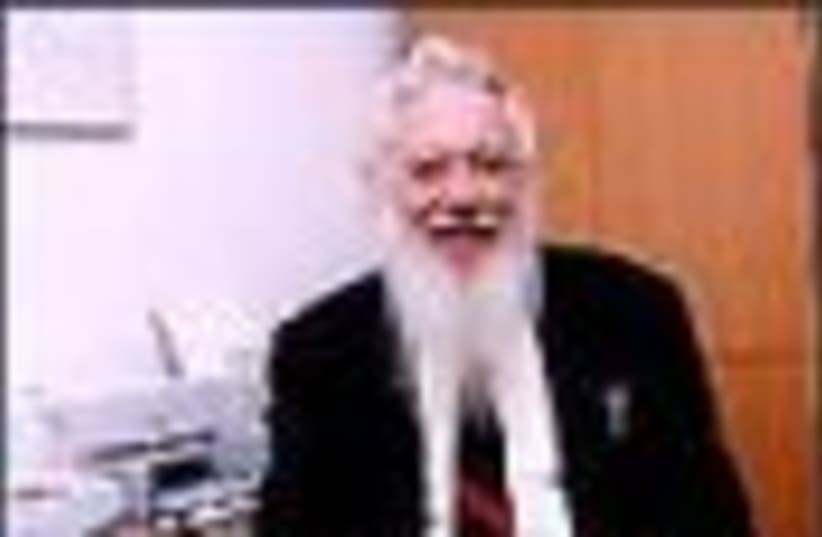| More about: | University of Maryland, College Park, Hebrew University of Jerusalem, Nobel Prize, Lebanon |
Nobel winner known to speak his mind
Aumann says that he does not foresee an end to the Middle East conflict in the near future.


| More about: | University of Maryland, College Park, Hebrew University of Jerusalem, Nobel Prize, Lebanon |